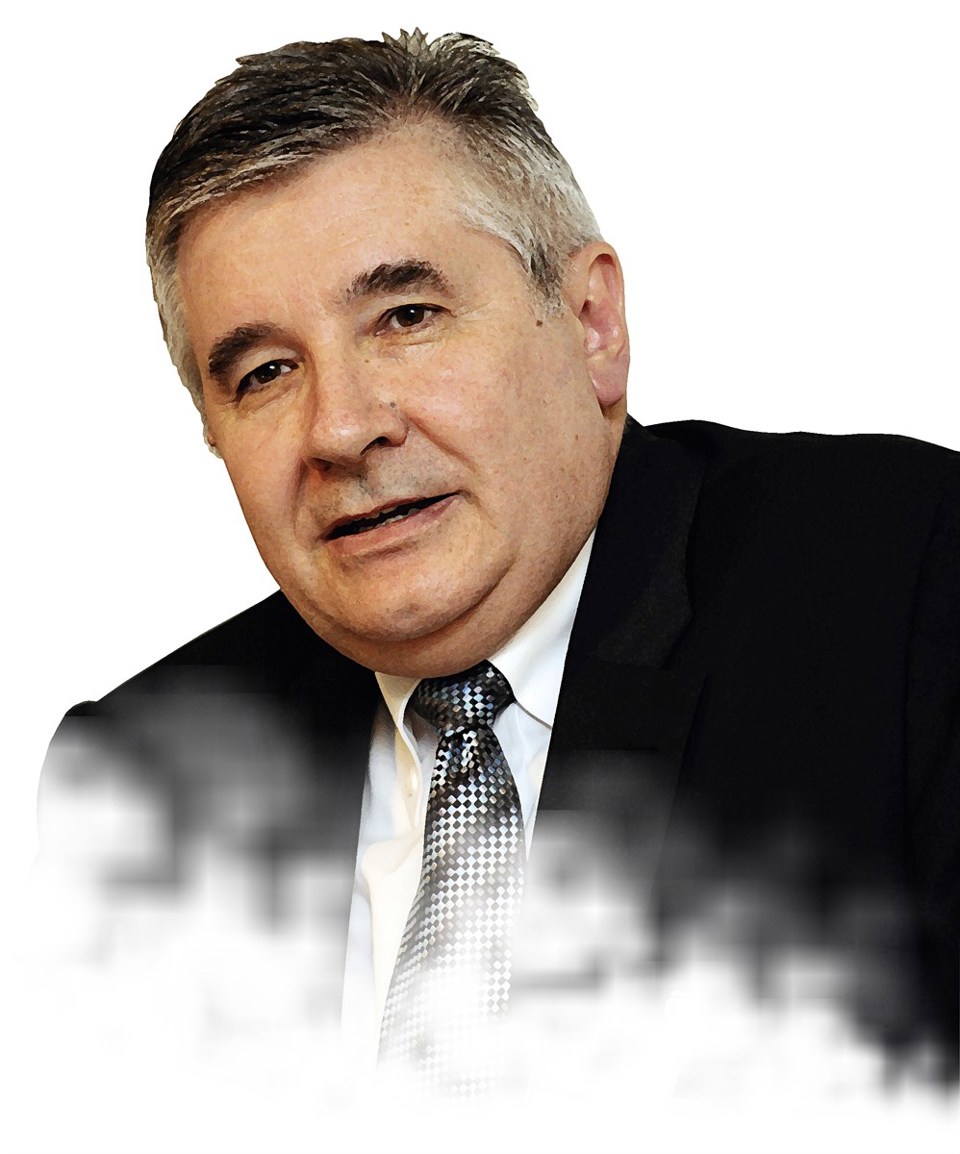William Bernbach, the founder of global advertising agency DDB, once said that “good advertising does not just circulate information – it penetrates the public mind with desires and belief”.
With politicians issuing statements based more on opinion than fact and our own industry guilty of falsifying information and misleading the public, it is understandable that they become somewhat cynical about the marketing messages they receive.
Over the past five years, this ambivalence to conventional promotional approaches has given rise to the role of online ‘influencers’. Whether this is an Instagrammer who snaps a selfie with the product or a YouTuber who produces a vlog of their experience, they come at a cost, but can reach a highly engaged audience that trusts their opinion.
One of the best examples of this is Daniel Wellington, the Swedish watch brand founded in 2011. It bypassed traditional marketing by enlisting thousands of micro-influencers on social media channels. Through a combination of gifting the watch or paying the influencer, they promote the #danielwellington hashtag by showcasing the product in their Instagram posts alongside a unique discount code that their followers can use to buy it. Since 2011, Daniel Wellington has gained
4.2 million Instagram followers with 1.8m posts containing the hashtag. This has successfully filtered down to profit – it is the fastest-growing private company in the industry, selling more than a million watches a year, with $228m annual revenue.
However, the authenticity and impartiality of some online influencers has been called into question. Research conducted by the BBC in December 2018 showed that 82% of the people polled said it was not always clear whether the influencer had been paid or not for promoting the product or service.
At the end of January, the Competition and Markets Authority (CMA) said 16 celebrities – including the model Rosie Huntington-Whiteley, musician Rita Ora, and YouTube star Zoella – had pledged to declare whether they had been paid for any endorsement or received a featured product as a gift. Warning letters were sent to other celebrities and influencers, as well as advertising and PR agencies, since the CMA began its investigation into the practice in August.
Our industry has used celebrity influencers for a long time and it has always been fairly obvious that they have been paid. But for a long time, I have believed the greatest untapped source of influence is
not the celebrity, but our own customer base.
In a time of uncertainty, maybe it is time to allow our customers a bigger share of voice on our local digital channels. ‘Word of mouth’ recommendations need to move from the verbal to the digital, providing authenticity and belief to our promotional activity.















Login to comment
Comments
No comments have been made yet.